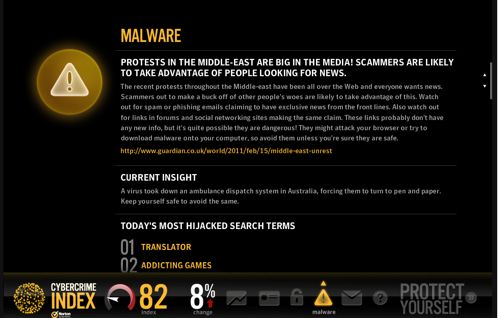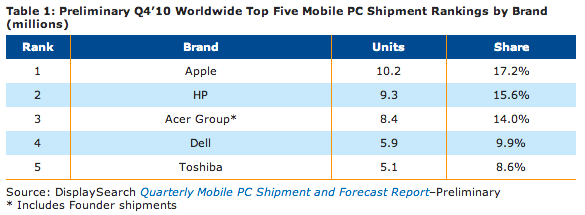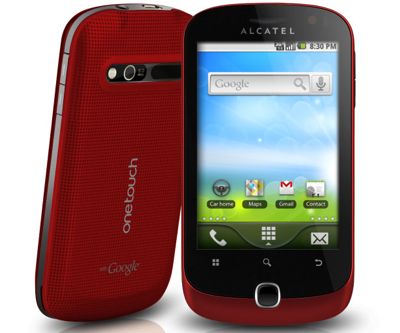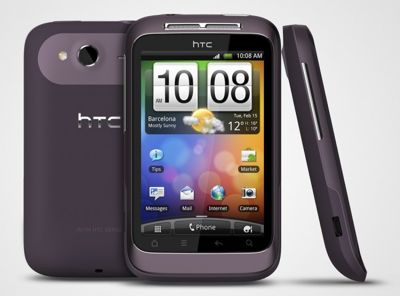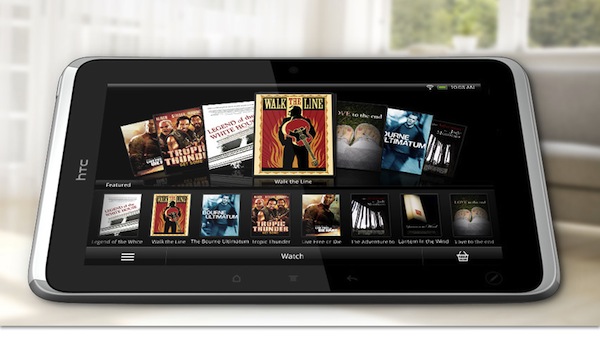By Joe Wilcox, Betanews
Well, that didn't take long. One day after Apple dropped its subscription plan bomb on suspicious publishers, Google officially countered with One Pass. Google strips out the onerous restrictions Apple imposes. It's a brilliant marketing response, and aptly timed with new Android tablets like the HTC Flyer, Motorola XOOM and Samsung Galaxy Tab 10.1 going on sale within weeks. More significantly, the program isn't restricted to mobile devices. Can you say Internet?
Apple's subscription plan places many restrictions on publishers. Apple takes a 30-percent commission on all sales, requiring publishers to offer prices the same or lower in-app as elsewhere; that hugely limits promotions, for example. Apple's plan would prevent publishers from making in-app subscriptions free as a benefit to existing subscribers elsewhere (e.g., consumers pay more because of Apple policies). Publishers will likely loose access to vital customer data, since Apple is requiring an option that lets subscribers opt-in to this disclosure.
By comparison, One Pass gives publishers "control over how users can pay to access content and set their own prices," according to Google. "They can sell subscriptions of any length with auto-renewal, day passes (or other durations), individual articles or multiple-issue packages. Google One Pass also enables metered models, where a publisher can provide some content or a certain number of visits for free, but can charge frequent visitors or those interested in premium content based on the business model that the publisher prefers."
The flexibility is compelling. What publishers need in this era of overwhelmingly free content is more flexibility charging for their valuable stuff in ways that make sense for their businesses and customers. For example, One Pass conceptually would allow a publisher to offer, say, limited access to one digital magazine to subscribers of another.
One Pass "also allows publishers to grant access to existing subscribers through a coupon-based system, so it is easy to give full online access to current customers. Publishers can give their customers codes verifying their subscription status, or can seamlessly offer content to existing subscribers via solutions enabled by Google One Pass."
Don't expect One Pass on Apple iOS devices any time soon, if ever. The service leverages Google Checkout through mobile or PC Web browsers. Apple's revised content policies prohibit this kind of transaction -- something Amazon does today with Kindle ebooks; readers leave the app and purchase through web browser. Where Apple is locking down subscription payments to one platform, Google seeks to reach many via the open web.
From the user's perspective, a single Google ID logs into any publisher's digital content using One Pass. That suddenly makes more sense of Google's announcement last week about offering 2-step account verification.
Something else, regarding Apple's subscription plans: In posts on February 3rd and yesterday, I asserted that Apple's monopoly position in mobile apps and tablets raises antitrust concerns about the restrictive subscription plan and content rules changes affecting Amazon and Barnes & Noble. Today, at the Apple 2.0 blog, Philip Elmer-DeWitt asks: "Does Apple have a Monopoly?" Meanwhile, at the Wall Street Journal, Nathan Koppel writes: "Apple's Subscription Rules Raise Possible Antitrust Issues." Not that either journalist reciprocated links.
Google's One Pass FAQ:
Q: Who sets the price of Google One Pass content?
Publishers decide the price and terms of the content they choose to sell through Google One Pass.
Q: Who determines the terms for access to content available through Google One Pass?
Partners determine the duration and extent of access to their content. For instance, this may include setting a one-week or 30-day limit on the accessibility of a given article.
Q: Who determines what content is accessed through Google One Pass?
Partners have total control over what content is accessed through Google One Pass and what content is free to users.
Q: How is Google One Pass implemented?
Publishers will continue to host their own content. They will upload the list of the content they want to monetise into the Google interface. Publishers will need to add a small amount of code to their website, but development effort is minimal.
Q: Why is Google launching Google One Pass?
Google cares a lot about helping high quality content thrive online and about the future of journalism. That's also why we built things like First Click Free, Fast Flip and Living Stories.
Q: Will Google One Pass allow users to read existing subscriptions on all their devices?
Google One Pass will enable users to access content on connected, browser-enabled devices and from mobile apps where the mobile OS terms permit publishers to access the web via the app for Google One Pass transaction or authentication services.
Q: Where is Google One Pass available today?
Google One Pass is currently available in France, Germany, Spain, the UK, and the US and Canada. Publishers in any country where Google Checkout is available can implement Google One Pass.
Q: What types of content can Google One Pass support?
Google One Pass is currently intended for periodicals, such as news and magazines, but is a flexible payment system that can be used for many other types of content.
Copyright Betanews, Inc. 2010
























